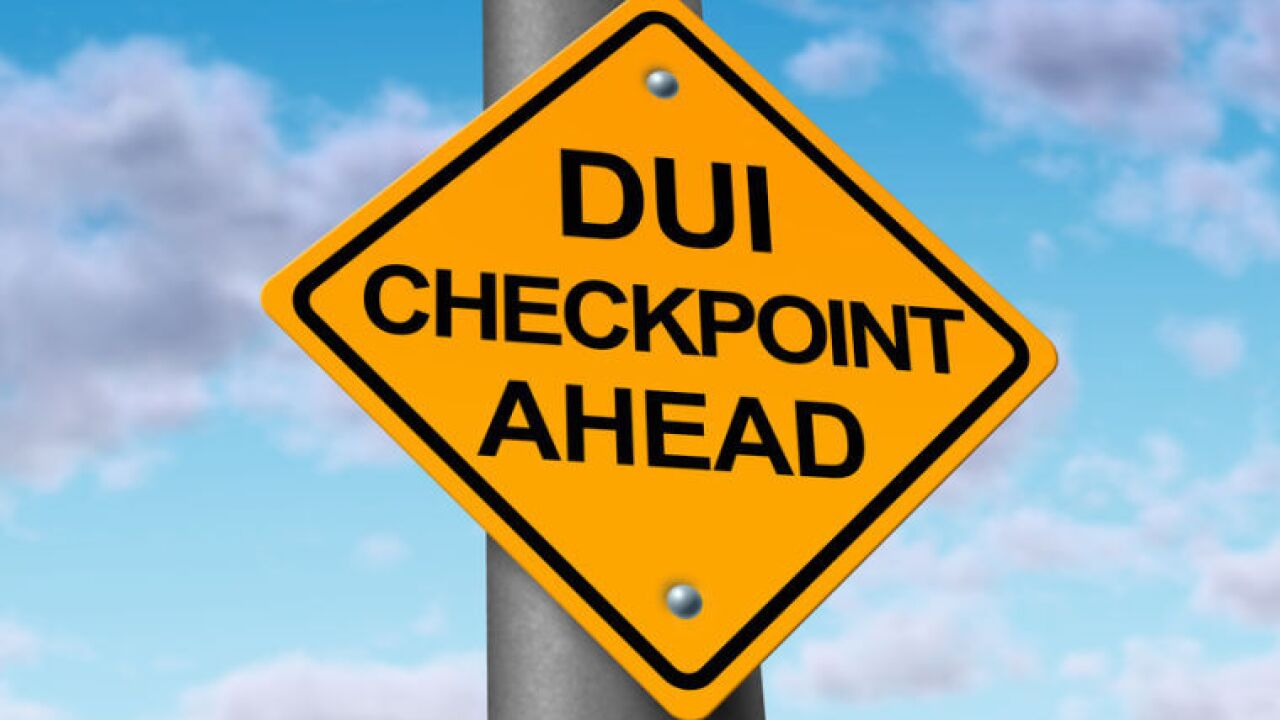Why Are There DUI Checkpoints in Atlanta GA?

Why Are There DUI Checkpoints in Atlanta GA? Why are there DUI checkpoints in Atlanta GA
When driving on a public road, Georgia law enforcement must follow specific guidelines before they can conduct roadside sobriety checks. These include determining the best time and location to perform these roadblocks, ensuring there is adequate police presence at these locations, and standardized impairment detection techniques.
1. A Supervisor Approves This Procedure
Before a DUI checkpoint can be put up, a police supervisor must approve it. This approval can only be granted if the reason for setting it up is valid and does not violate any laws or procedures. This is important, because if it does not, a DUI checkpoint can be considered illegal and should never be conducted.
2. The Location and Times of the DUI Checkpoints must be Legal
When a DUI checkpoint is set up in Atlanta GA, there are certain criteria that must be followed to make sure it is not unconstitutional or illegal. These include a written, programmatic approval by a supervisor, and the location of the checkpoint must be chosen with public safety in mind. This means the roadblock must be based on a reasonable pattern of DUI accidents in the area.
3. Detection Techniques must be Standardized and Effective
In order to be legal, a DUI checkpoint must be set up by law enforcement officials with specific techniques to identify those who may be impaired. This involves standardized testing, which should be conducted by qualified officers. It also means that impairment detection methods must be well-documented and backed up by scientific research.
4. The Time and Duration of the DUI Checkpoints must be Legal
Besides following these guidelines, checkpoints must also operate during reasonable periods of time. Most drunk drivers are not out in mid-morning or afternoon, so the duration and timing of a DUI checkpoint must be appropriate for the time of day.
5. Detection Techniques must be Clear and Easy to See
When police are checking drivers, their ability to easily spot a person who may be impaired should be obvious. This includes a consistent pattern of swerving, weaving, or other behaviors that might indicate intoxication. Moreover, a police officer should be able to quickly and accurately identify an individual through odor, smell, and other characteristics.
6. The Traffic Stops at the DUI Checkpoint must be Legal
During checkpoints, officers cannot stop any vehicle without having probable cause to do so. This is because the Fourth Amendment protects citizens from illegal search and seizure.
7. The Traffic Stops at the DUI Checkpoints must be Safe
While it is tempting to avoid a DUI checkpoint, it is not always possible to do so legally. If a checkpoint is set up in a busy intersection or near an interstate, it will be very difficult to avoid. In addition, if you are stopped by police at a DUI checkpoint, it is not uncommon for officers to follow you while you are trying to get around the checkpoint.







